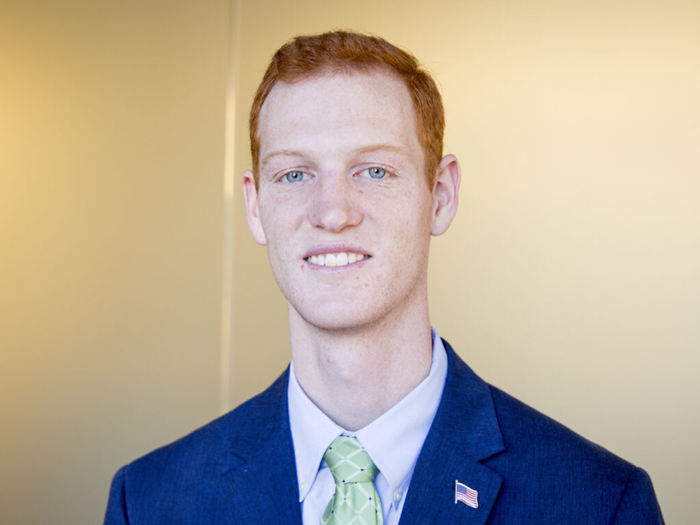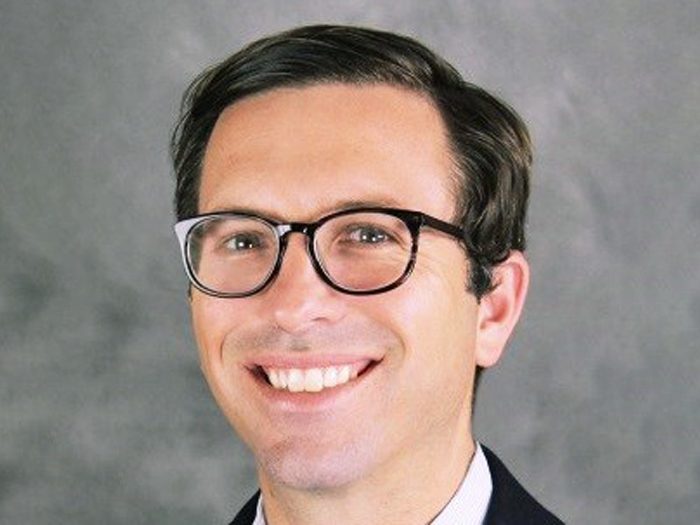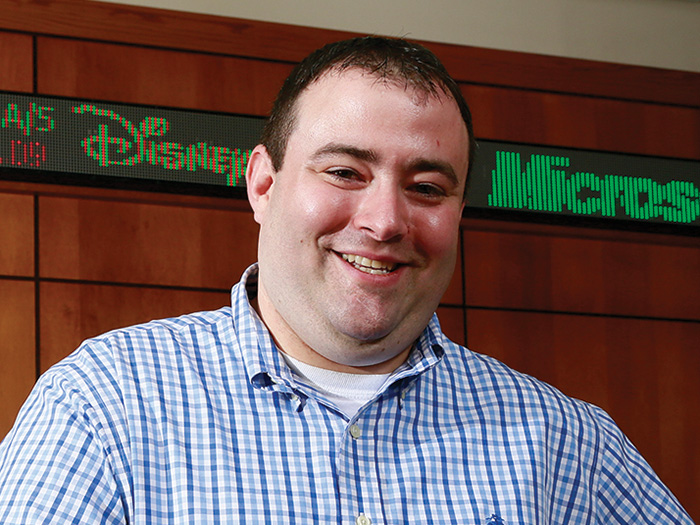Risk Insider: Chris Mandel
Risk, Disrupted
With increasing frequency, the world of risk and insurance is facing challenges that are leading to disruptive interventions from a variety of sources, the aggregate of which portends some significant shifts in an industry often viewed as being stuck in a lower gear.
Well known and understood among underwriters is the challenge of the investment environment, which has been disrupted continuously since 2008 with returns being artificially suppressed by the federal government’s economic strategy. This fact only exacerbates the reality of the conservative investment limitations already imposed on the industry by regulators.
In the health care world, the Affordable Care Act has surely disrupted medical benefit plans. Most Americans have been accustomed to leveraging their benefits to protect their assets from catastrophic health events and, perhaps to an even greater degree, manage their day-to-day medical costs.
While one of the few clear benefits of the ACA is the catastrophe protection enabled by the removal of aggregate expense caps (previously the lifetime maximum was $1 million in many plans), many other changes brought about by the ACA have been at a minimum, disruptive. Common sense would suggest you can’t expand an exposure and constrain an underwriter’s ability to charge the appropriate premium for risk underwritten, without a significant negative impact on premiums. Underwriting disrupted.
Disruption has the potential to drive innovation and improve the industry for the better as players are forced to respond to with ideas and solutions that are often outside [the box].
We find ourselves inexplicably surprised that the $2,500 average savings promised by the administration has been anything but the reality. In fact, just the opposite is emerging for many who are not eligible for subsidies (estimated by the CBO to be over $300B in 2016). Corporate medical/benefits budgets and planning continue to be disrupted while benefit levels are reduced and/or premium increases are increasingly common.
In the property/casualty world, two new exposures are fanning the flames of the unknowns for underwriters. First, social media risk emerges as a potentially more damaging source of loss than even more well-known and better understood exposure to hacking. The latest example is hot off the press with Kalobios filing for chapter 11 after its CEO used both regular and social media to trumpet his decision to exploit the pricing of a newly deregulated drug to the detriment of the customer. This rapidly led to disclosures of alleged criminal (yet unrelated) conduct, leading to the CEO’s firing and now the demise of another potentially great company.
Total elapsed time from first negative media to bankruptcy: three months.
Another emerging exposure of growing concern is “domestic” terrorism. Since Ft. Hood, San Bernardino, the Boston Marathon and other assorted instances of targeted violence in recent years, domestic terrorism is becoming more “expected” than one would have hoped, yet the industry’s ability to predict the impact or severity remains limited.
Assessing and pricing exposures accurately where there is insufficient historical data to support conclusions is a challenge for an industry so heavily reliant on data to accurately price risk. Disruption looks to be evolving into a more frequent and accelerating characteristic of this industry.
While challenging, disruption has the potential to drive innovation and improve the industry for the better as players are forced to respond to with ideas and solutions that are often outside the typical considerations of an industry constrained by regulation and the vagaries of new and often poorly understood exposures. Accordingly, I see disruption as a necessary sign of likely progress ahead.










